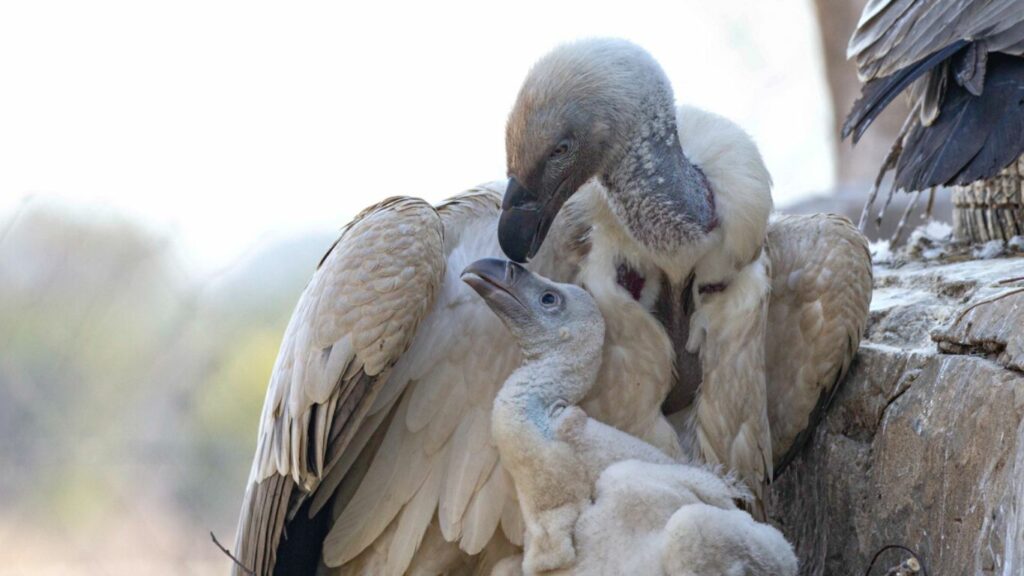Vultures are perilously close to extinction. If they die out, the consequences for human life will be catastrophic. We need to pay attention to this rapidly dwindling species right now because our health and perhaps our very survival is at stake.
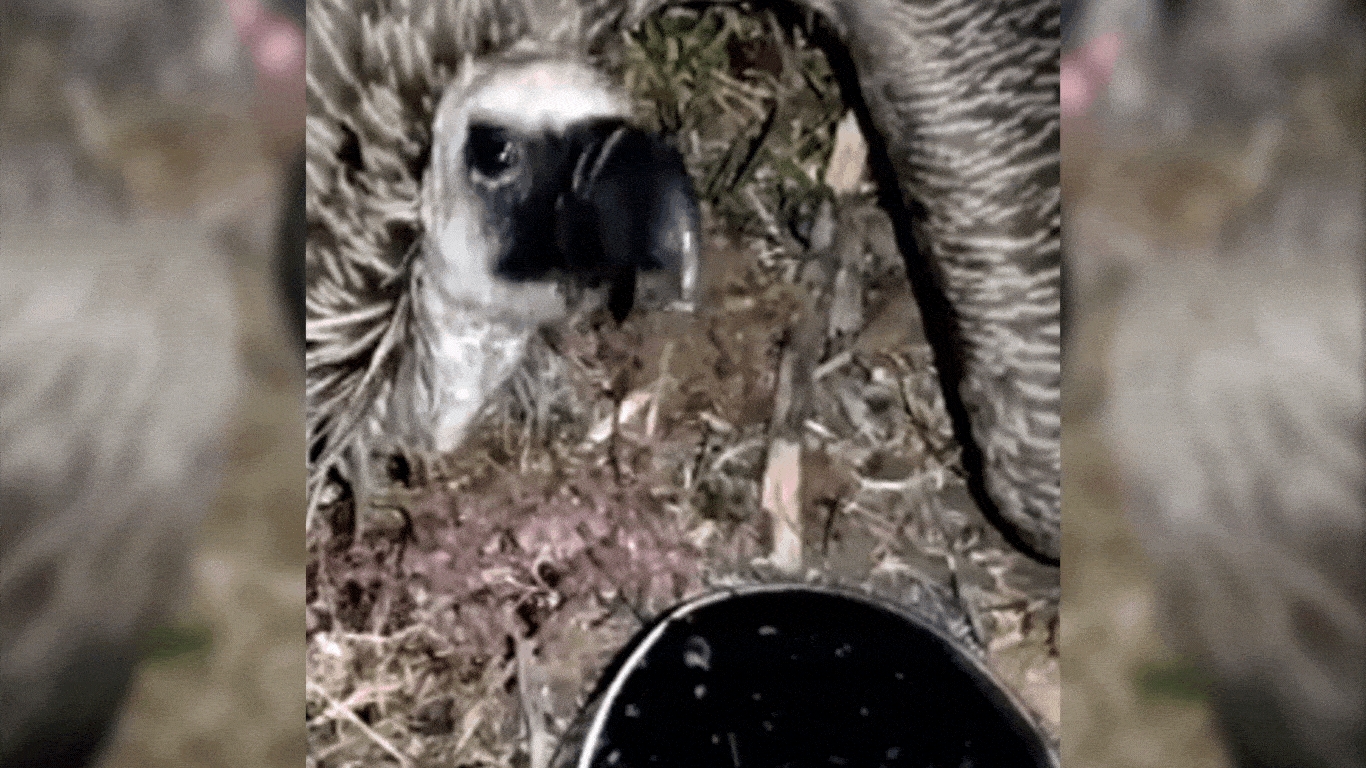 Credit: VulPro
Credit: VulPro
Tragically, maligned and often misunderstood vultures are given little support because of their association with carrion and death, but…
This is the exact reason nature’s “clean-up crew”
needs our URGENT protection!
If vultures were to become extinct, the damage would be irreparable. Diseases like botulism, the plague and rabies would spread rapidly, and large numbers of rural people would stand little chance against these voracious illnesses. But this is the reality we will face if we do not act immediately.
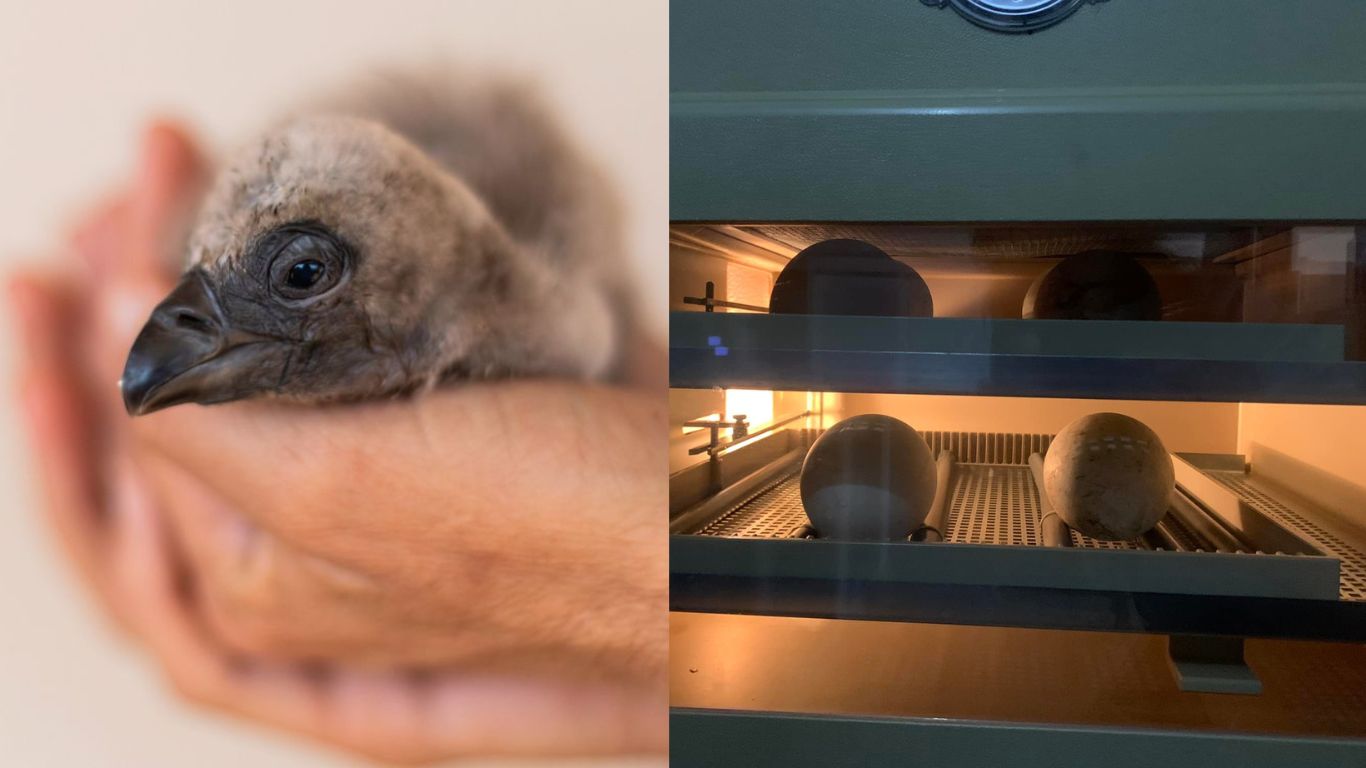 Credit: VulPro
Credit: VulPro
We can help by buying hatchers for rescued vultures so that every vulture egg has the optimum chance of survival.
In just 30 years, Africa’s vulture numbers have plummeted by 90%. In South Africa, four of the country’s nine vulture species are listed as critically endangered.
The African white-backed vulture for example – vital to Southern Africa’s ecosystems and once prolific across the region and the world – is now globally listed as critically endangered.
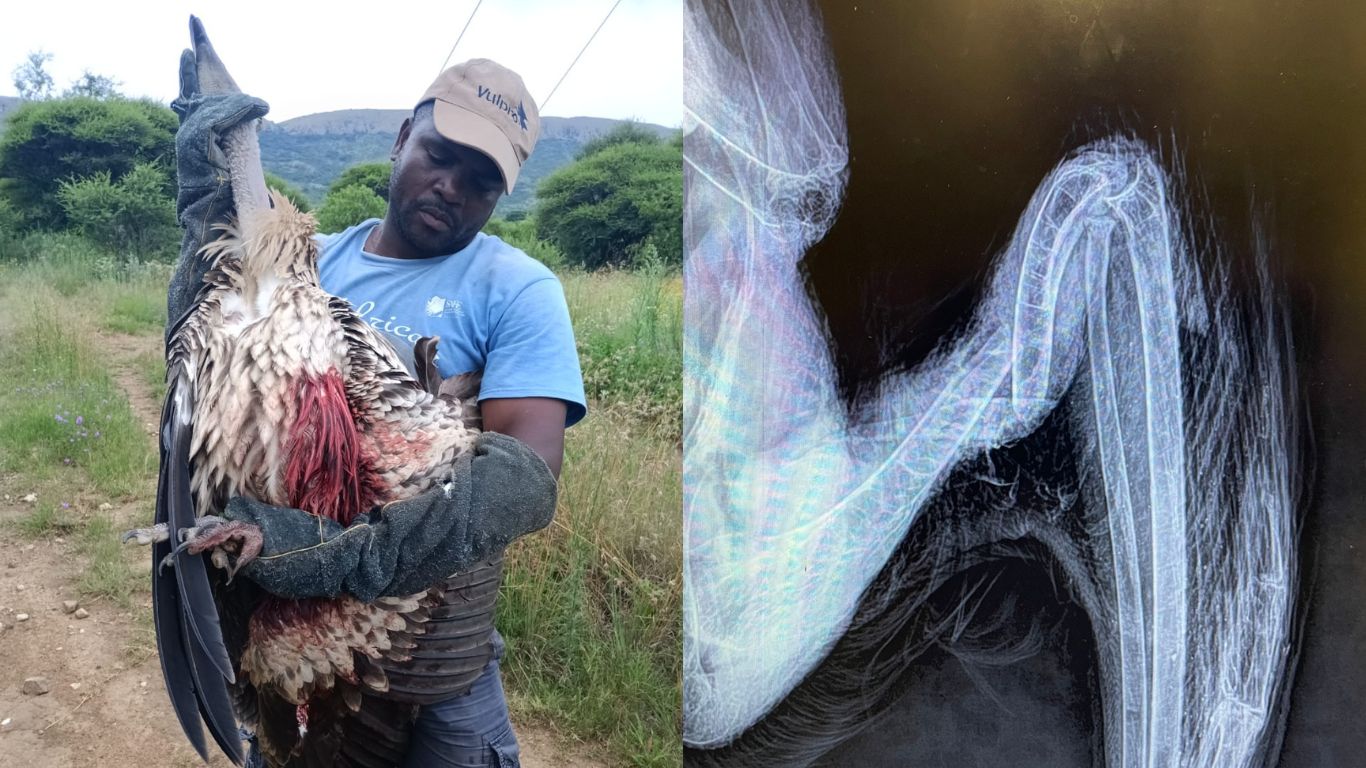 Credit: VulPro
Credit: VulPro
The reasons for plummeting vulture numbers in Africa is horrifying. But with your help, we will help the species recover.
The plight of African white-backed vultures is alarming, but nearly all vultures are in trouble. One of the major problems is that throughout Africa, they are slaughtered for worthless “traditional” medicines. To capture vultures, poachers kill other animals and lace the carcasses with poison. When the birds die after feeding on poisoned carcasses, poachers harvest their body parts. In other instances, farmers poison vultures because they are considered “pests” – a total lack of understanding of a species that is in fact creating healthy habitats. And in a third peril, vultures fly into power lines, a terrible end.
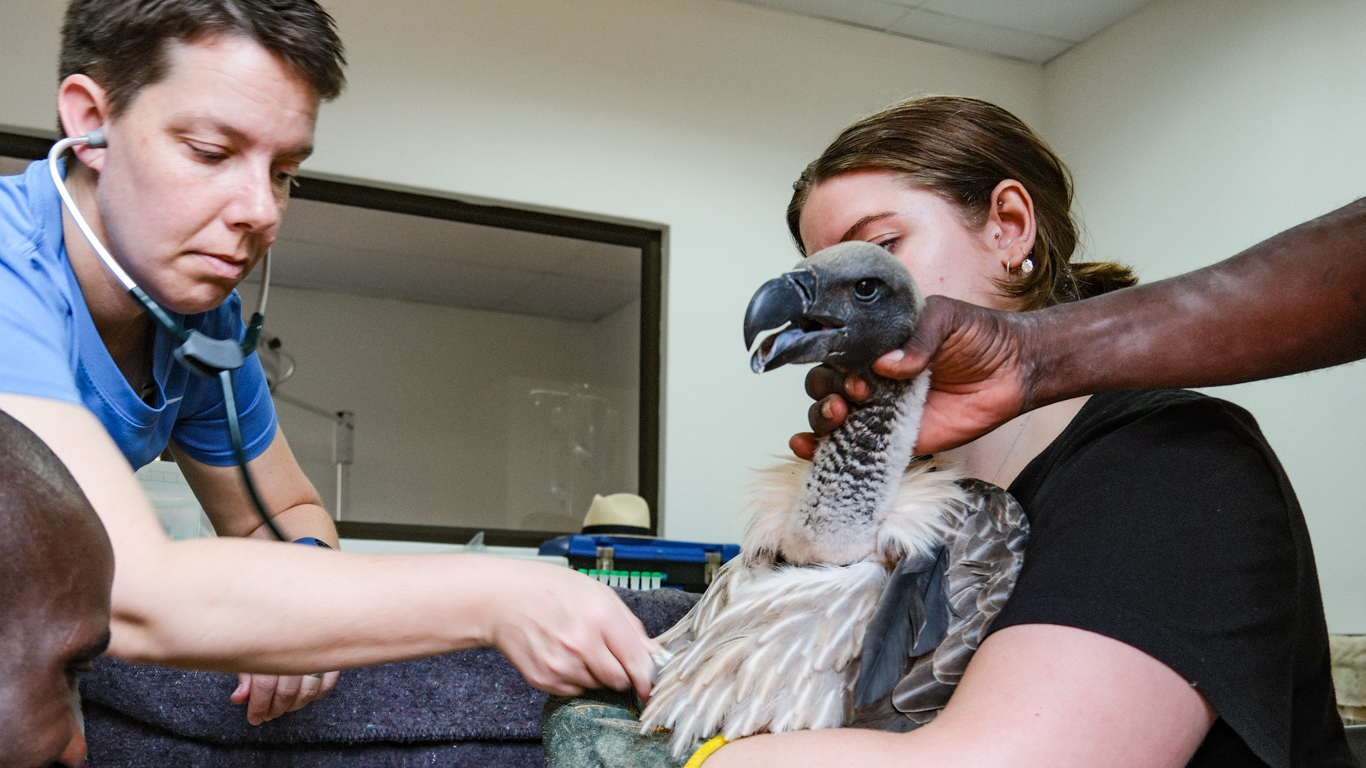 Credit: VulPro
Credit: VulPro
Because the vulture may not be killed outright, ailing birds can be rescued and treated so they may return to full health – and this is where your help is needed to ensure that they live and breed.
We are working with VulPro, a vulture conservation center near the Magaliesberg mountains in South Africa, which rescues and rehabilitates injured and poisoned birds, and runs a successful breeding program. Vultures who cannot be released back into the wild due to the severity of their injuries live out their lives at the sanctuary, but their offspring are released to help strengthen wild vulture populations. VulPro works with white-backed vultures, the vulnerable Cape vulture, the critically endangered hooded, white-headed vultures and endangered lappet-faced vultures, as well as other large birds of prey and protected species.
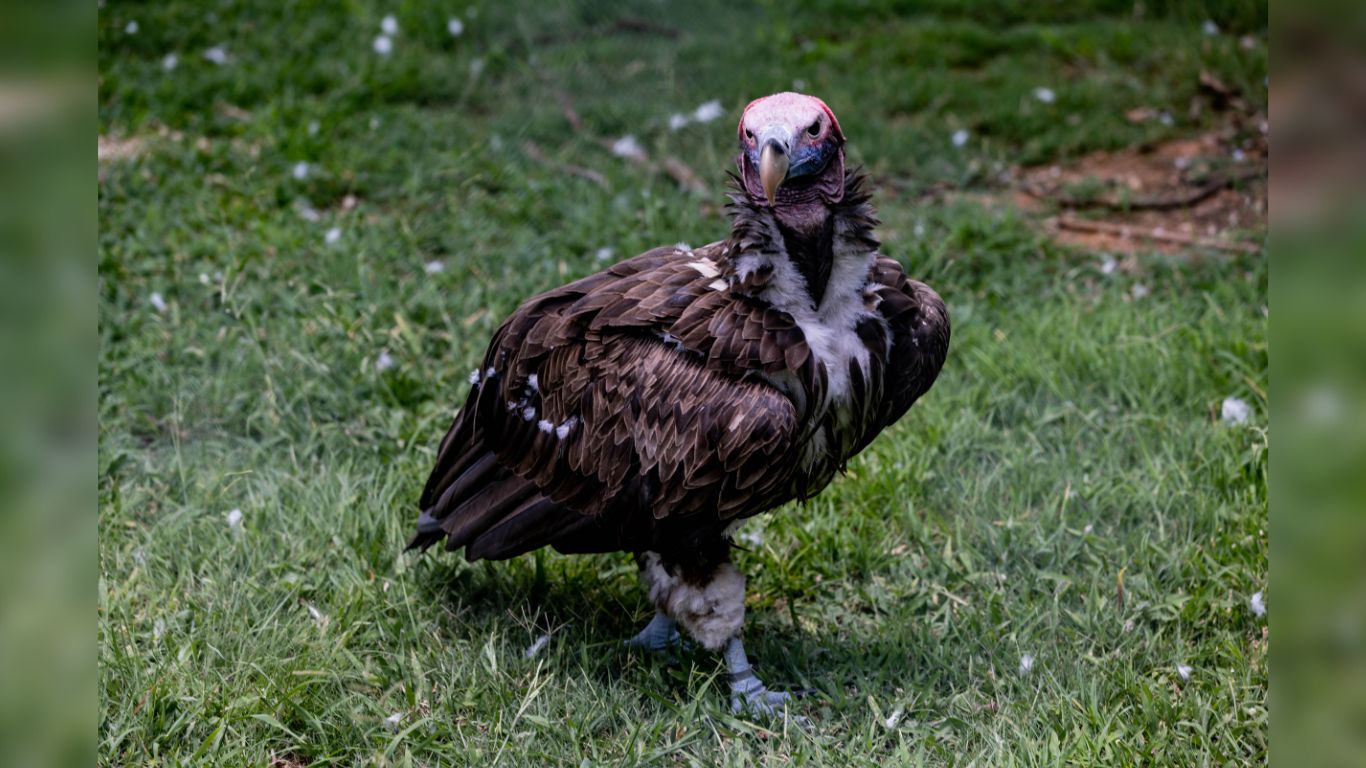 Credit: VulPro
Credit: VulPro
A massive challenge is that vultures usually produce only one egg per year. It is critically important that as many eggs as possible are successfully incubated at VulPro.
Because many rescued vultures have disabilities or injuries that make it difficult for them to efficiently incubate their eggs, VulPro uses specialized incubators and hatchers that maintain optimal conditions for vulture eggs to develop and hatch.
Right now, VulPro is in urgent need of two more hatchers – critical to ensuring the correct humidity and temperature for eggs to hatch successfully. We really want to help them purchase these important pieces of equipment because the prospect of losing vultures is of utmost concern, and without our help, they are sure to disappear.
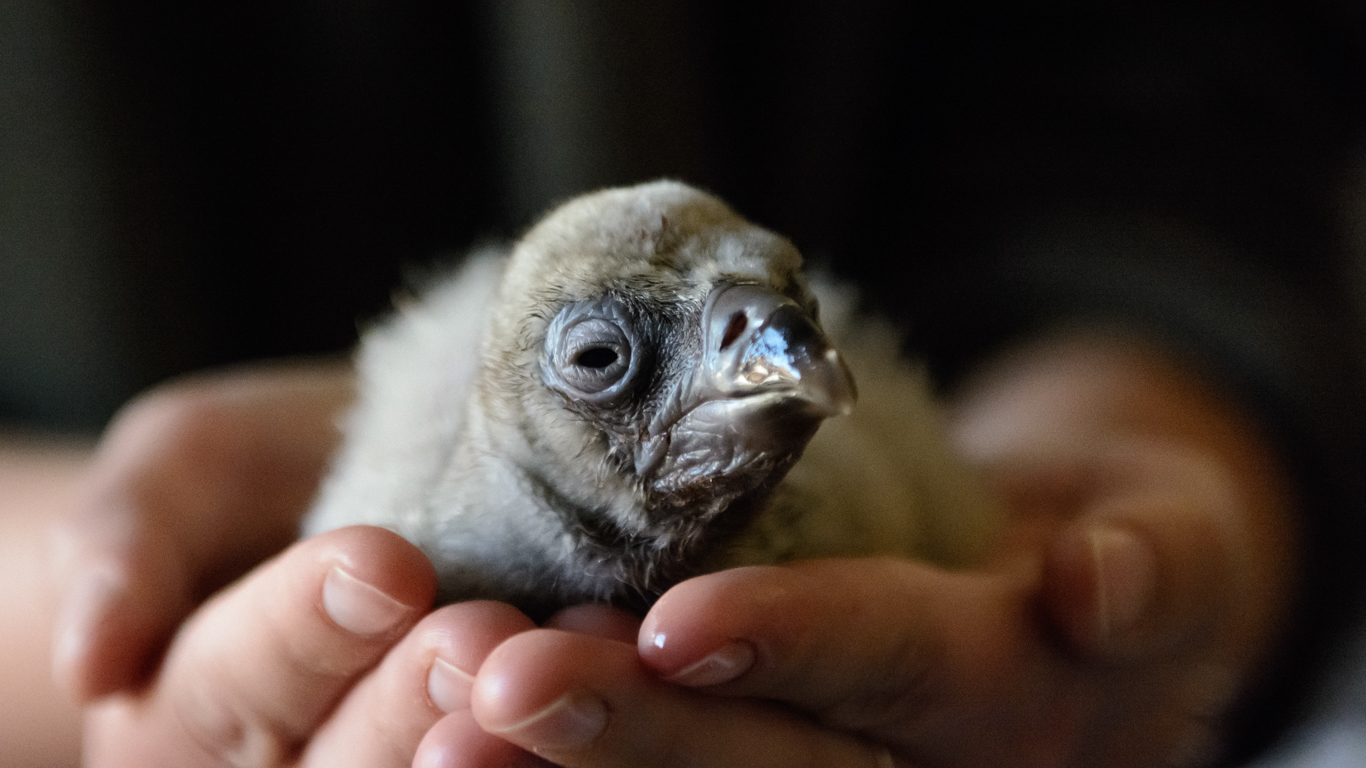 Credit: VulPro
Credit: VulPro
Vultures need your help to survive.
Your health could be at risk if they die.
If we can raise $6,600 (roughly £5,480), we can support efforts to strengthen vulture numbers. Your donation will be used for important breeding equipment and expert animal staff to care for the hatched offspring. This is a vitally important and worthwhile thing to do, so please be as generous as you can. We know that nobody who values nature – like us, and you, wants to see vultures die out forever.


